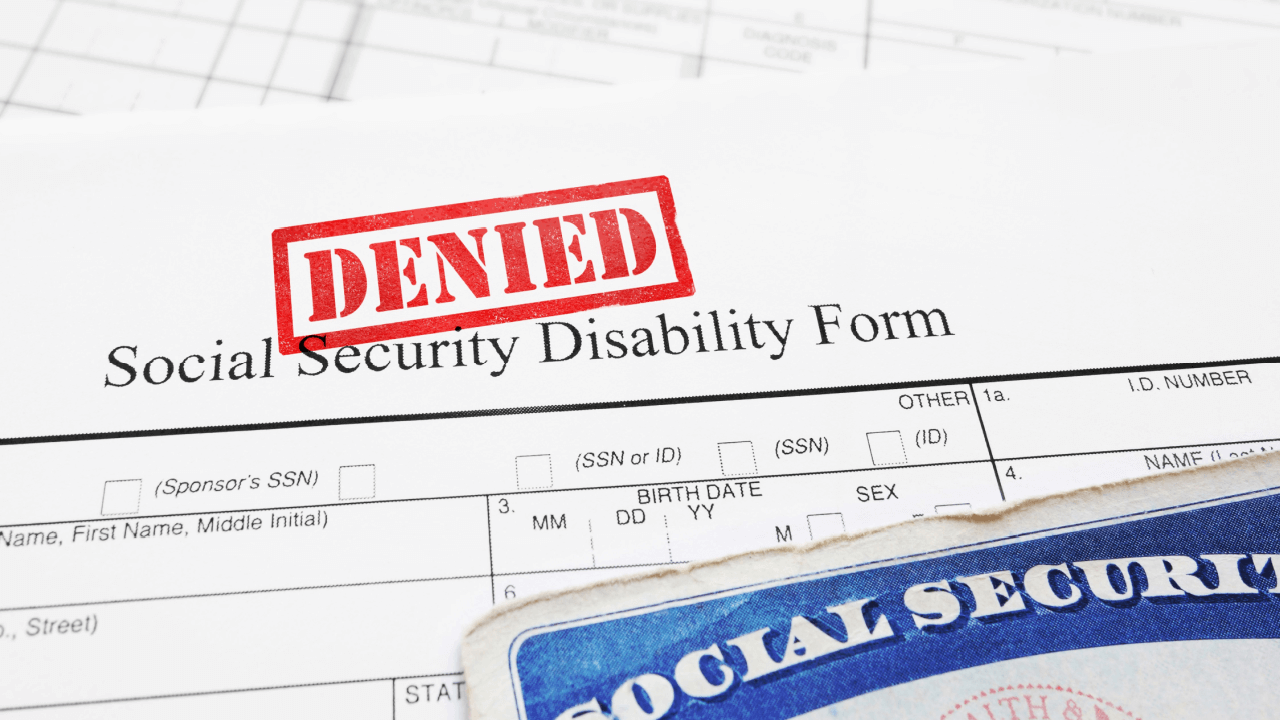
What Are the Signs Your Social Security Disability Claim May Be Approved
Approval Indicators: What Are the Signs You Will Be Approved for Social Security Disability
Understanding what are the signs that your social security disability claim may be approved can provide useful insight during the application process. The Social Security Administration (SSA) evaluates specific criteria that may be considered during a disability determination. Recognizing these positive indicators helps applicants gauge their case strength and prepare effectively for the decision process.
Several key factors are commonly reviewed during disability evaluations. Strong medical documentation, work history limitations, and functional capacity restrictions all signal potential approval. The SSA’s disability determination process follows established guidelines that create predictable approval patterns when specific conditions are met.
Medical Evidence: Strong Documentation Supporting Your Claim
Comprehensive medical records are among the most important factors reviewed in social security disability claims. The SSA requires extensive documentation proving your condition prevents substantial gainful activity. Medical evidence must demonstrate both the severity and duration of your impairment.
Comprehensive Medical Records
Complete medical documentation includes treatment notes, diagnostic test results, and specialist consultations spanning at least 12 months. The SSA reviews records from treating physicians, hospitals, and rehabilitation facilities. Consistent treatment patterns strengthen your case significantly.
Regular medical appointments show ongoing impairment management. Gaps in treatment can raise questions about condition severity. The Social Security Administration’s official website at ssa.gov provides detailed information about required medical evidence standards.
Functional Capacity Evaluations
Functional capacity evaluations (FCEs) provide objective measurements of physical and mental limitations. These assessments document specific work-related restrictions that support disability claims. FCEs conducted by qualified professionals carry significant weight in approval decisions.
Mental health evaluations require specialized psychological or psychiatric assessments. Cognitive testing results help establish mental impairment severity. The combination of medical records and functional evaluations creates compelling evidence for approval.
Work History: How Your Employment Background Affects Approval
Your employment background significantly influences what are the signs you will be approved for social security disability. The SSA considers age, education, and transferable skills when evaluating disability claims. Age, education, and transferable skills are considered under SSA evaluation guidelines.
Age and Transferable Skills
Applicants over 50 receive more favorable consideration under SSA guidelines. Limited transferable skills between previous jobs and available work increase approval likelihood. The vocational grid rules favor older workers with physical limitations.
Educational background affects approval decisions substantially. High school education or less combined with physically demanding work history supports disability claims. College education may require stronger medical evidence to demonstrate inability to perform sedentary work.
Past Relevant Work Analysis
The SSA examines your past 15 years of work experience to determine relevant occupations. If medical evidence proves inability to perform past work, approval chances increase significantly. Specialized skills in physically demanding careers strengthen disability arguments.
Consistent work history before disability onset demonstrates motivation to work. Long-term employment records support credibility in disability evaluations. The Department of Labor’s resources at disability.gov offer additional guidance on work-related disability factors.
Final Decision: What Are the Signs You Will Be Approved for Social Security Disability
Several concrete indicators suggest favorable approval outcomes. Receiving a consultative examination request often signals serious case consideration. The SSA orders these examinations when existing medical evidence requires clarification or updating.
Some individuals choose to work with legal representatives to assist with evidence development and procedural requirements. Representation may help with presenting information in accordance with SSA rules. Statistical data shows that represented applicants achieve approval more often than unrepresented claimants.
Processing times can vary depending on the complexity of the claim and the evidence reviewed. Extremely severe conditions with obvious work restrictions receive faster processing. The SSA’s Blue Book listings at ssa.gov/disability/professionals/bluebook/ detail specific conditions meeting automatic approval criteria.
Communication from disability determination services requesting additional information suggests active case review. Multiple medical source contacts indicate thorough evaluation procedures. These activities often precede favorable decisions.
Take Action Now: Get Professional Help With Your Disability Claim
Don’t navigate the complex disability process alone—Professional guidance can help individuals understand the disability application process and prepare their claims. A qualified representative may assist with organizing documentation and addressing procedural requirements.
Frequently Asked Questions
1. How long does the Social Security disability approval process take?
Initial applications typically take 3-5 months for processing. Complex cases requiring additional medical evidence may take longer. Appeals can extend the timeline significantly.
2. What percentage of Social Security disability applications get approved?
Approximately 35% of initial applications receive approval. Appeal success rates vary, with administrative law judge hearings showing higher approval percentages than initial determinations.
3. Can you work while waiting for Social Security disability approval?
Limited work activity under substantial gainful activity thresholds is permitted. Monthly earnings above $1,470 (2023 limits) typically disqualify disability claims. Trial work periods may apply in specific situations.
4. Do mental health conditions qualify for Social Security disability?
Mental health impairments qualify for disability benefits when they prevent substantial gainful activity. Depression, anxiety, bipolar disorder, and other conditions require comprehensive psychiatric documentation. Functional limitations must be clearly established.
5. What happens if your Social Security disability claim is denied?
Denied applicants can request reconsideration within 60 days. Additional appeal levels include administrative law judge hearings and Appeals Council review. New applications may be filed after final denials.
Key Takeaways
- Strong medical documentation spanning 12+ months significantly increases approval likelihood for social security disability claims
- Age, education, and work history factors heavily influence approval decisions, with older applicants receiving more favorable consideration
- Functional capacity evaluations and specialist consultations provide crucial objective evidence supporting disability claims
- Professional legal representation correlates with higher approval rates and better case presentation
- Consultative examination requests and active case communication often signal serious SSA consideration and potential approval


